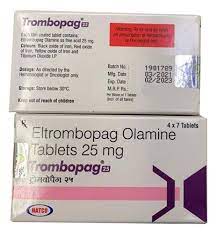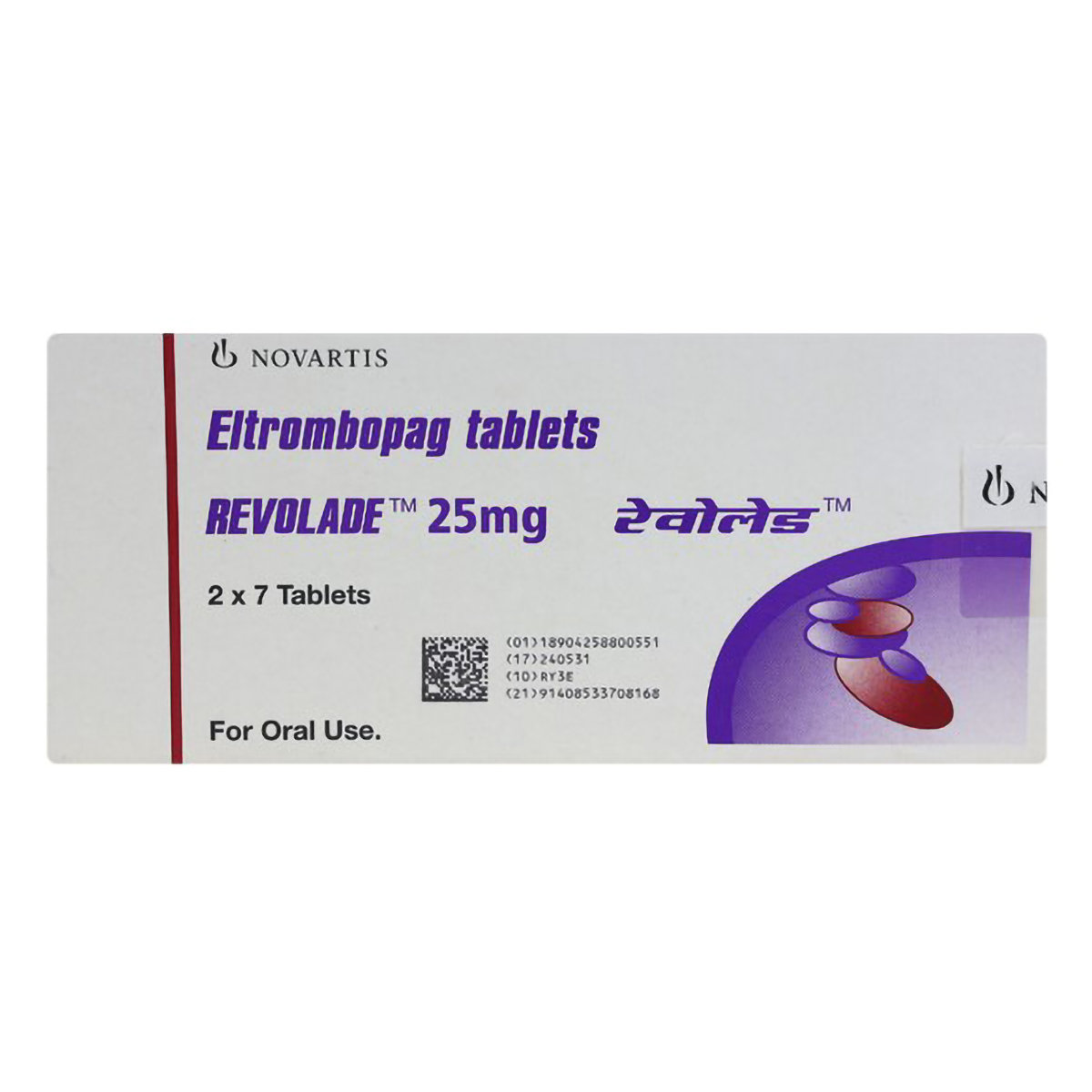Rebopag 25 mg Tablet 7's
MRP ₹1546.5
(Inclusive of all Taxes)
₹232.0 Cashback (15%)
Provide Delivery Location
Online payment accepted
 Prescription drug
Prescription drugWhats That
Composition :
Manufacturer/Marketer :
Consume Type :
Expires on or after :
Return Policy :
About Rebopag 25 mg Tablet
Rebopag 25 mg Tablet belongs to the class of 'platelet-stimulating agents' primarily used to treat low blood platelet count in patients with idiopathic thrombocytopenic purpura (ITP) and hepatitis C virus (HCV) infections. Rebopag 25 mg Tablet is also used to treat severe aplastic anaemia (SAA) in adults. Idiopathic thrombocytopenic purpura is an immune condition associated with low levels of platelets. Hepatitis C is an infection and inflammation of the liver caused due to hepatitis C virus. Severe aplastic anaemia is a condition in which the bone marrow doesn't make enough blood cells.
Rebopag 25 mg Tablet contains 'Eltrombopag' which belongs to the class of 'thrombopoietin receptor agonists'. Thrombopoietin is a glycoprotein hormone that stimulates the formation of megakaryocytes (large bone marrow cells) and further regulates platelet's production. Rebopag 25 mg Tablet works by increasing these large bone marrow cells responsible for the production of platelets. Thus, Rebopag 25 mg Tablet helps increase these bone marrow cells, thereby stimulating the number of platelets, which further lowers the risk of bleeding.
Take Rebopag 25 mg Tablet as prescribed by your doctor. In some cases, Rebopag 25 mg Tablet can cause common side effects like nausea, diarrhoea, headache, muscle pain, tiredness, loss of appetite, fever, anaemia (lack of blood cells), cough and tingling numbness. These side effects are not familiar to everyone who take Rebopag 25 mg Tablet and vary individually. If you notice any side effects that are not manageable, please consult your doctor.
Let your doctor know if you have any allergic reactions to Rebopag 25 mg Tablet or any other medicines, before starting Rebopag 25 mg Tablet. It is essential to inform your doctor if you have any heart, kidney or liver problems, blood disorders, blood clotting problems and cataracts before starting Rebopag 25 mg Tablet. It is advised to consult the doctor if you are pregnant or planning to conceive. Rebopag 25 mg Tablet is not indicated for use in breastfeeding since it passes into the breast milk. Rebopag 25 mg Tablet may make you dizzy, hence drive or operate machinery only when you are mentally alert.
Uses of Rebopag 25 mg Tablet
Directions for Use
Key Benefits
Rebopag 25 mg Tablet contains 'Eltrombopag,' which belongs to the class of 'thrombopoietin receptor agonists' used to treat low blood platelet count in patients with immune (idiopathic) thrombocytopenic purpura (ITP), hepatitis C virus (HCV) infections and severe aplastic anaemia (SAA) in adults. Rebopag 25 mg Tablet works by increasing megakaryocytes, the large bone marrow cells responsible for the production of platelets. The increase in these bone marrow cells stimulates the production of platelets. Thus Rebopag 25 mg Tablet prevents bleeding episodes by increasing the number of platelets in the blood.
Storage
- Get plenty of rest and sleep.
- Keep your body warm.
- Drink plenty of fluids to stay hydrated.
- Avoid strenuous activities.
- Maintain good hygiene to prevent flu from spreading.
- Hydrate your body: Drink enough water to prevent dehydration and headaches.
- Calm Your Mind: Deep breathing and meditation can help you relax and relieve stress.
- Rest and Recharge: Sleep for 7-8 hours to reduce headache triggers.
- Take rest: lie down in a quiet, dark environment.
- Cold or warm compresses can help reduce tension.
- Stay Upright: Maintain good posture to keep symptoms from getting worse.
- To treat headaches naturally, try acupuncture or massage therapy.
- Over-the-counter pain relievers include acetaminophen and ibuprofen.
- Prescription Assistance: Speak with your doctor about more substantial drug alternatives.
- Severe Headaches: Seek emergency medical assistance for sudden, severe headaches.
- Frequent Headaches: If you get reoccurring headaches, consult your doctor.
- Headaches with Symptoms: Seek medical attention if your headaches include fever, disorientation, or weakness.
- Inform Your Doctor: Notify your doctor immediately about your diarrhoea symptoms. This allows them to adjust your medication or provide guidance on managing side effects.
- Stay Hydrated: Drink plenty of fluids to replace lost water and electrolytes. Choose water, clear broth, and electrolyte-rich drinks. Avoid carbonated or caffeinated beverages to effectively rehydrate your body.
- Follow a Bland Diet: Eat easy-to-digest foods to help firm up your stool and settle your stomach. Try incorporating bananas, rice, applesauce, toast, plain crackers, and boiled vegetables into your diet.
- Avoid Trigger Foods: Steer clear of foods that can worsen diarrhoea, such as spicy, fatty, or greasy foods, high-fibre foods, and dairy products (especially if you're lactose intolerant).
- Practice Good Hygiene: Maintain good hygiene to prevent the spread of infection. To stay healthy, wash your hands frequently, clean and disinfect surfaces regularly, and avoid exchanging personal belongings with others.
- Take Anti-Diarrheal Medications: If your doctor advises, anti-diarrheal medications such as loperamide might help manage diarrhoea symptoms. Always follow your doctor's directions.
- Keep track of your diarrhoea symptoms. If they don't get better or worse or are accompanied by severe stomach pain, blood, or dehydration signs (like extreme thirst or dark urine), seek medical help.
- Inform your doctor about the nausea and discuss possible alternatives to the medication or adjustments to the dosage.
- Divide your daily food intake into smaller, more frequent meals to reduce nausea.
- Opt for bland, easily digestible foods like crackers, toast, plain rice, bananas, and applesauce.
- Avoid certain foods that can trigger nausea, such as fatty, greasy, spicy, and smelly foods.
- Drink plenty of fluids, such as water, clear broth, or electrolyte-rich beverages like coconut water or sports drinks.
- Use ginger (tea, ale, or candies) to help relieve nausea.
- Get adequate rest and also avoid strenuous activities that can worsen nausea.
- Talk to your doctor about taking anti-nausea medication if your nausea is severe.
- Record when your nausea occurs, what triggers it, and what provides relief to help you identify patterns and manage your symptoms more effectively.
- Please inform your doctor about joint pain symptoms, as they may adjust your medication regimen or prescribe additional medications to manage symptoms.
- Your doctor may prescribe common pain relievers if necessary to treat joint discomfort.
- Maintaining a healthy lifestyle is key to relieving joint discomfort. Regular exercise, such as low-impact sports like walking, cycling, or swimming, should be combined with a well-balanced diet. Aim for 7-8 hours of sleep per night to assist your body in repairing and rebuilding tissue.
- Applying heat or cold packs to the affected joint can help reduce pain and inflammation.
- Please track when joint pain occurs and any factors that may trigger it, and share this information with your doctor to help manage symptoms.
- If your joint pain is severe or prolonged, consult a doctor to rule out any underlying disorders that may require treatment.
- Remember, managing depression as a side effect of medication requires patience, persistence, and collaboration with your healthcare team.
- Tell your doctor about your depression symptoms to adjust medication.
- Consult a therapist or counsel for emotional support.
- Engage in regular exercise to release endorphins (neurotransmitters).
- Practice stress-reducing techniques like meditation and deep breathing.
- Build a support network of friends, family, and support groups.
- Establish a consistent sleep schedule.
- Eat a nutritious diet rich in fruits, vegetables, and whole grains.
- Limit or avoid alcohol and recreational substances.
- Keep a mood journal to track symptoms and progress.
- Inform your doctor about the symptoms you're experiencing due to medication.
- Your doctor may adjust your treatment plan, which could include changing your medication, adding new medications, or offering advice on managing your symptoms.
- Practice good hygiene, including frequent handwashing, avoiding close contact with others, and avoiding sharing utensils or personal items.
- Stay hydrated by drinking plenty of fluids to help loosen and clear mucus from your nose, throat, and airways.
- Get plenty of rest and engage in stress-reducing activities to help your body recover. If your symptoms don't subside or worsen, consult your doctor for further guidance.
Drug Warnings
If you are known to be allergic to Rebopag 25 mg Tablet or other medicines, please inform your doctor in advance. Brief your medical history if you have blood clots, clotting disorders (Factor V Leiden), blood disorders like blood cancer, myelodysplastic syndrome, cataracts, liver or kidney diseases before starting Rebopag 25 mg Tablet. Take Rebopag 25 mg Tablet at least two hours before or four hours after consuming antacids, mineral and vitamin supplements (iron, calcium, magnesium, aluminium, selenium and zinc), dairy products, calcium-enriched foods and fortified juices since they interfere with the absorption of Rebopag 25 mg Tablet. Rebopag 25 mg Tablet is not recommended during pregnancy since it may have harmful effects on the foetus. Consult your doctor before using Rebopag 25 mg Tablet if you are a breastfeeding mother. Do not drive or operate machinery since Rebopag 25 mg Tablet may cause side effects like dizziness and tiredness, affecting your ability to concentrate and drive. Avoid or limit alcohol consumption with Rebopag 25 mg Tablet as it may affect the efficacy of Rebopag 25 mg Tablet. Rebopag 25 mg Tablet is not recommended for children less than one year of age in ITP and children less than two years of age in SAA.
Drug-Drug Interactions
Drug-Drug Interactions
Login/Sign Up
Coadministration of Rebopag 25 mg Tablet and aluminum hydroxide may interfere with the absorption of Rebopag 25 mg Tablet and reduce its effectiveness.
How to manage the interaction:
Taking Rebopag 25 mg Tablet with aluminum hydroxide is not recommended as it can possibly result in an interaction, but it can be taken if your doctor has advised it. Do not stop using any medications without first talking to your doctor.
Ferric maltol can make Rebopag 25 mg Tablet less effective by reducing its absorption and lowering its concentration in the blood. This can lead to poor treatment outcomes.
How to manage the interaction:
Taking Ferric maltol with Rebopag 25 mg Tablet is not recommended as it can result in an interaction, it can be taken if your doctor has advised it. You should take Rebopag 25 mg Tablet on an empty stomach at least 2 hours before or 4 hours after ferric maltol. Do not discontinue any medication without consulting a doctor.
Taking magnesium citrate with Rebopag 25 mg Tablet can make it less effective by reducing its absorption and lowering its concentration in the blood.
How to manage the interaction:
Taking Magnesium citrate with Rebopag 25 mg Tablet is not recommended as it can result in an interaction. It can be taken if your doctor has advised it. You should take Rebopag 25 mg Tablet on an empty stomach at least 2 hours before or 4 hours after magnesium citrate. Do not discontinue any medication without consulting a doctor.
When Rebopag 25 mg Tablet is mixed with Calcium chloride, the amount of Rebopag 25 mg Tablet in the blood can decrease. This can lead to low treatment outcomes.
How to manage the interaction:
Taking Rebopag 25 mg Tablet with calcium chloride is not recommended as it can possibly result in an interaction, but it can be taken if your doctor has advised it. Do not stop using any medications without talking to your doctor.
Ferrous gluconate can make Rebopag 25 mg Tablet less effective by reducing its absorption in the body. This can lead to low treatment outcomes.
How to manage the interaction:
Taking Rebopag 25 mg Tablet with Ferrous gluconate is not recommended as it can result in an interaction, it can be taken if your doctor has advised it. You should take Rebopag 25 mg Tablet on an empty stomach at least 2 hours before or 4 hours after ferrous gluconate. Do not discontinue any medication without consulting a doctor.
Coadministration of Magnesium oxide with Rebopag 25 mg Tablet can impair the absorption of Rebopag 25 mg Tablet which leads to increased levels in the blood. This can increase the risk and severity of side effects.
How to manage the interaction:
Taking Magnesium oxide with Rebopag 25 mg Tablet together is not recommended as it can result in an interaction, it can be taken if your doctor has advised it. However, if you notice any body aches or pain, chills, cough, difficulty in breathing, fever, headache, or loss of voice you should contact a doctor immediately. Do not stop using any medications without talking to a doctor.
Coadministration of Rebopag 25 mg Tablet with lenalidomide can increase the risk or severity of blood clots.
How to manage the interaction:
Although there is an interaction between lenalidomide and Rebopag 25 mg Tablet, it can be taken if your doctor has advised it. However, if you experience chest pain, shortness of breath, difficulty breathing, coughing up blood, sudden loss of vision, pain, redness or swelling in an arm or leg, and numbness or weakness on one side of the body, contact your doctor immediately. Do not discontinue any medications without consulting a doctor.
Coadministration of Rebopag 25 mg Tablet with Carfilzomib can increase the risk or severity of blood clots that can lead to complications such as heart attack, pulmonary embolism (blockage of an artery in the lung), and stroke.
How to manage the interaction:
Although taking Rebopag 25 mg Tablet and Carfilzomib together can cause an interaction, it can be taken if your doctor has suggested it. If you notice any of these signs, chest pain, difficulty breathing, coughing up blood, sudden vision loss, pain, redness, swelling in an arm or leg, or weakness on one side of your body it's important to contact a doctor right away. Do not stop using any medications without a doctor's advice.
Coadministration of Rebopag 25 mg Tablet with Teriflunomide can increase the risk or severity of liver damage.
How to manage the interaction:
Co-administration of Rebopag 25 mg Tablet with Teriflunomide can result in an interaction, but it can be taken if your doctor has advised it. If you have any of these symptoms like fever, chills, joint pain, swelling, bruising, skin rash, itching, loss of appetite, fatigue, nausea, vomiting, abdominal pain, bleeding, dark colored urine, it's important to contact a doctor right away. Do not discontinue any medications without consulting a doctor.
When Rebopag 25 mg Tablet is combined with Peginterferon alfa-2b the serum concentration of Rebopag 25 mg Tablet can be increased.
How to manage the interaction:
Although taking Rebopag 25 mg Tablet and Peginterferon alfa-2b together can cause an interaction, it can be taken if your doctor has suggested it. If you have any of these symptoms, it's important to call your doctor right away. These symptoms include chronic hepatitis C, advanced liver disease, cirrhosis, liver failure, and other liver-related problems. You should also seek medical attention if you experience confusion, fever, joint pain, swelling, or any other unusual symptoms. Don't hesitate to reach out to a doctor if you have concerns about your health. Do not stop using any medications without talking to a doctor.
Drug-Food Interactions
Drug-Food Interactions
Login/Sign Up
Diet & Lifestyle Advise
- Eat natural and healthy foods by cutting down on fatty and sodium processed foods.
- Exercise regularly to maintain good health.
- Avoid smoking and alcohol intake.
- Avoid activities like contact sports and use sharp objects like nail cutters and razors to decrease bleeding risk.
- High protein diet such as lean meat, chicken, crab, turkey, beef and fish can help increase the platelet count.
- Eating Papaya is the best natural remedy to increase your platelet count, you can also use papaya leave's mixture.
- Include iron-rich foods like pomegranate, beetroot, green leafy vegetables, carrots, raisins, oranges, peanuts, kidney beans, and black-eyed peas in your diet.
- Vitamin C sources like guava, black currant, red pepper, kiwi, green peppers, orange, strawberries, pineapple, peas, mango, grapefruit and broccoli can also boost your platelet count.
Side Effects of Rebopag 25 mg Tablet
- Nausea
- Diarrhoea
- Headache
- Muscle pain
- Tiredness
- Loss of appetite
- Fever
- Anaemia (lack of blood cells)
- Cough
- Tingling or numbness
Habit Forming
Therapeutic Class
All Substitutes & Brand Comparisons
RX
Eltromag 25 Tablet 7's
Cipla Ltd
₹458.5
(₹58.96 per unit)
70% CHEAPERRX
Eltrog 25 Tablet 7's
Glenmark Pharmaceuticals Ltd
₹750
(₹96.43 per unit)
51% CHEAPERRX
Out of StockElborom 25 mg Tablet 10's
BDR Pharmaceuticals Internationals Pvt Ltd
₹1350
(₹121.5 per unit)
38% CHEAPER
Author Details
We provide you with authentic, trustworthy and relevant information
Drug-Diseases Interactions
Drug-Diseases Interactions
Login/Sign Up
FAQs
Drug-Drug Interactions Checker List
- METHOTREXATE
- TOPOTECAN
- CICLOSPORIN
- AZATHIOPRINE
- LOPINAVIR
- RITONAVIR
- DANAZOL
- IRON
- CALCIUM
- ZINC+ZINC GLUCONATE
Special Advise
- Keep a check on your daily blood pressure and blood sugar levels and if you notice any fluctuations, please consult a doctor.
- Since Rebopag 25 mg Tablet affects liver enzymes, your doctor may suggest liver function tests to check your aspartate aminotransferase (AST), alanine aminotransferase (ALT) and bilirubin levels before starting treatment and every two weeks after the treatment with Rebopag 25 mg Tablet.
- Rebopag 25 mg Tablet may also interfere with creatinine and bilirubin lab tests, hence, please inform your doctor and laboratory staff in advance.
Disease/Condition Glossary
Immune (idiopathic) thrombocytopenic purpura (ITP): It is an immune condition associated with low levels of platelets, and the blood doesn't clot normally. It occurs when the immune system mistakenly attacks its own platelets. ITP also occurs in children, followed by a viral infection. Symptoms of ITP may include easy bruising, bleeding from gums and nose, blood in urine and stools, heavy menstrual flow and pinpoint-sized reddish-purple spots on the lower legs.
Hepatitis C: It is an infection and inflammation of the liver caused due to hepatitis C virus. This virus can cause both acute and chronic hepatitis. Acute hepatitis C is a short term illness that may range for six months. Chronic hepatitis C is a long-lasting disease that may lead to other severe liver cancer problems or cirrhosis (inflammation of the liver). Symptoms of hepatitis C include fatigue, nausea, loss of appetite and yellowing of the eyes and skin.
Severe aplastic anaemia (SAA): Aplastic anaemia is also called bone marrow aplasia. It is a condition in which the bone marrow doesn't make enough blood cells. SAA is commonly caused due to the damage of bone marrow. This damage can be a congenital disability or may occur because of radiation, chemotherapy, toxic chemicals, certain drugs and infections. Symptoms of SAA include fatigue, frequent infections, rapid heart rate and bleeding.

Have a query?
Alcohol
Safe if prescribed
Limit alcohol intake, along with Rebopag 25 mg Tablet, to attain the maximum efficacy of Rebopag 25 mg Tablet and rule out any possibility of worsening of side effects.
Pregnancy
Consult your doctor
Rebopag 25 mg Tablet is not recommended in pregnancy. It may affect and harm the developing baby. Please consult your doctor if you are pregnant or planning to conceive.
Breast Feeding
Consult your doctor
It is not known if Rebopag 25 mg Tablet is excreted into the breast milk. Please consult your doctor for more information before taking Rebopag 25 mg Tablet if you are a nursing mother.
Driving
Safe if prescribed
Rebopag 25 mg Tablet may cause dizziness and tiredness affecting your ability to concentrate and drive. Hence, it is recommended not to drive or operate machinery until you are mentally alert.
Liver
Consult your doctor
Let your doctor know if you have any history of liver diseases before taking Rebopag 25 mg Tablet. Rebopag 25 mg Tablet may cause an increase in liver enzymes. Your doctor may start the treatment with a lower dose of Rebopag 25 mg Tablet.
Kidney
Consult your doctor
Rebopag 25 mg Tablet should be used with caution in cases of renal impairment. It is advised to seek doctor advice before starting Rebopag 25 mg Tablet if you have any kidney problems.
Children
Safe if prescribed
Rebopag 25 mg Tablet is not recommended for children less than one year of age in ITP and children less than two years of age in SAA.

